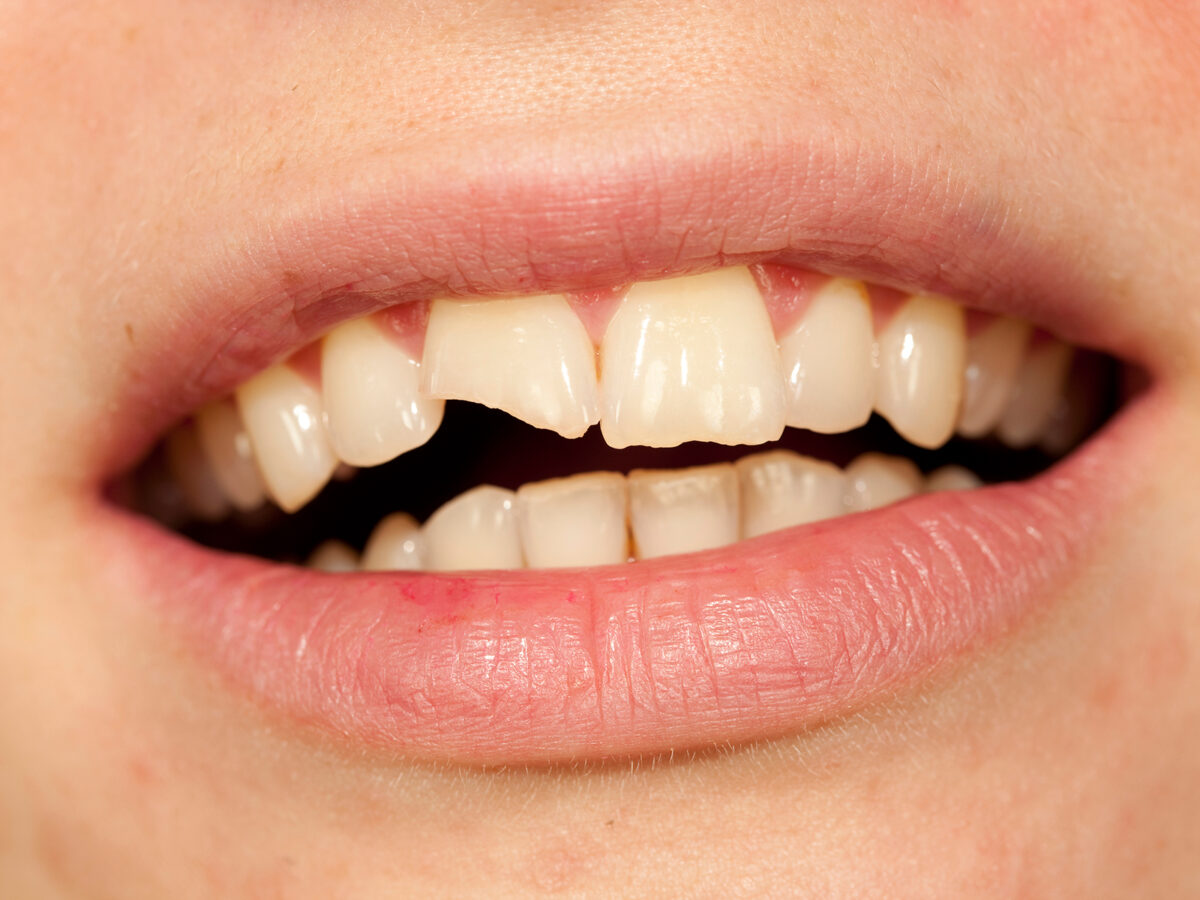Blog
Dental hygiene tips for healthy teeth & gums

Quick Fixes And Long-Term Solutions For Broken or Chipped Tooth
Whether it’s a chipped front tooth affecting your confidence or a damaged wisdom tooth causing discomfort, no one desires damaged teeth. Fortunately, restoring a broken or chipped tooth is typically straightforward.
Teeth are vulnerable to various forms of damage, ranging from minor to severe, depending on the tooth’s condition and the nature of the injury. Unless the damage is a minor chip, professional dental intervention is necessary for a permanent solution.
The best immediate action is to manage pain, protect the tooth, and safeguard the mouth’s interior from further injury. This blog will guide you through quick fixes and long-term solutions for chipped teeth.
Bonding
For minor chips, bonding is often the recommended repair method. This procedure involves applying a composite resin material to the tooth, which is then shaped to resemble the natural tooth. Bonding is favored because it’s a simple cosmetic technique, durable with proper oral care, affordable, and offers a realistic appearance.
Veneers
For larger chips, veneers are more appropriate. While bonding addresses small defects, veneers are porcelain covers affixed to the tooth’s front. They offer a smooth, natural appearance. A single veneer might be affordable, but multiple veneers can be costly. With proper care, they can last up to 20 years.
Crowns
Crowns and veneers, typically made of porcelain, serve similar purposes. While veneers cover the tooth’s front, crowns encapsulate the entire tooth. Crowns are ideal for significant chips where much of the tooth is missing. They protect the chipped tooth from further damage and nerve exposure.
Dental Implants
For severe damage where little of the tooth remains above the gumline, dental implants might be the solution. In such cases, the dentist will extract the damaged tooth, allow healing, and then insert a metal post into the gum line. A tooth implant, resembling a natural tooth, is then affixed to this post. While this procedure is the most time-consuming and expensive, the results are designed to last a lifetime.
Final Overview
Tooth chips vary, so a proper dental assessment is essential before determining the best treatment plan. Regardless of the chosen method, maintaining good oral hygiene will ensure the longevity of the repaired tooth.
Avoid exerting excessive pressure on the repaired area and steer clear of extremely hot or cold foods that could cause discomfort. While chipping or breaking a tooth can be distressing, many incidents are minor and may require minimal treatment.
However, consulting a dentist is always the best approach to ensure optimal dental health. If a chipped tooth results from a traumatic incident accompanied by severe pain and bleeding, seek emergency medical attention. In the interim, protect your mouth from sharp edges with wax, maintain oral hygiene, and manage swelling while awaiting a dental evaluation.
